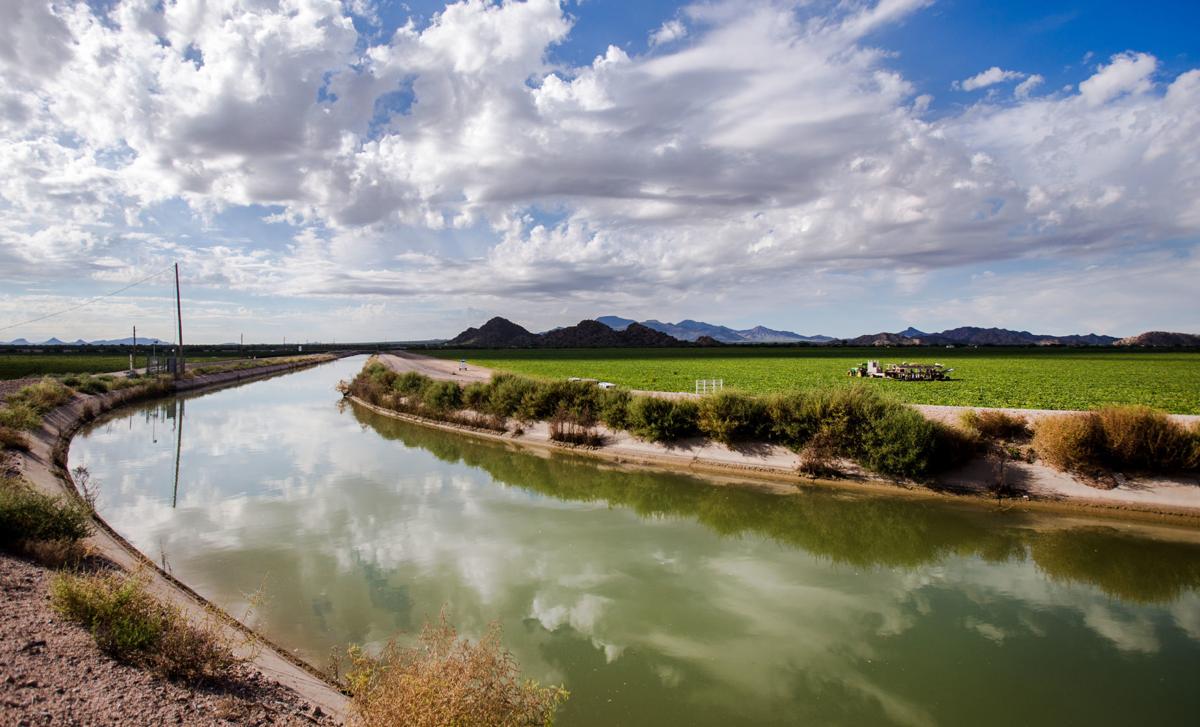PHOENIX т Rebuffed by a House panel, a Globe lawmaker convinced a Senate committee Tuesday that Pinal County farmers should get $20 million more to help drill new wells to replace Colorado River water they will give up.
The 6-3 vote by the Senate Appropriations Committee came after Republican Rep. David Cook argued that the farmers were promised the cash as part of the drought contingency plan enacted by lawmakers in late January.
He wasnтt the only one to make that claim. The promise was made during the drought plan negotiations, Dan Jones, an attorney for several irrigation districts, told lawmakers.
And Tiffany Shedd, an area cotton farmer, said agriculture interests were told to give up their Colorado River water тand weтll make this right, weтll help you be able to pump more.т
тWe took that on faith,т she said. тThis is part of the DCP.т
People are also reading…
But the comments drew a stern rebuke from Sen. Lisa Otondo, D-Yuma, who was a key member of the committee that negotiated the drought plan.
тI will not sit here and listen to (a) half-told story,т she said.
Whatтs missing from the conversation and the demand for more cash, said Otondo, is that farmers had years before agreed to a lower priority claim on Colorado River water, getting $343 million in subsidies.
And Otondo said the farmers are not being left out in the cold.
She said the original offer when the drought plan was being negotiated was for $5 million. That got boosted to $9 million in the final plan, with another $10 million from the Central УлшжжБВЅ Water Conservation District.
Now the irrigation districts that serve the farmers want $20 million more, she said.
тThere was never a promise to make or pay for the infrastructure in Pinal County,т Otondo said.
Tuesdayтs vote comes less than three weeks after the House Appropriations Committee killed identical legislation.
The measure would go next to the full Senate.
But Sen. Vince Leach, R-УлшжжБВЅ, whose district includes part of Pinal County, said the ultimate decision is going to have to be part of the negotiations over the $10.4 billion state budget.
Leach said, however, his colleagues should look at this not as a grant but as a loan in anticipation of the Pinal irrigation districts getting a federal grant the farmers presume will come through т eventually.
Central to the debate is that Lake Mead is likely to drop below 1,075 feet by next year, triggering a first-level shortage.
Overall, the drought plan calls for the state to take an 18 percent reduction in its Colorado River allocation, about 500,000 acre-feet of water. An acre-foot is considered enough to supply two or three typical homes for a year.
Part of the water is being made up through deals with Indian tribes. But the plan also presumes that farmers will replace some of what they are losing by being able to draw 70,000 acre-feet of water from underground by 2023.
That leaves the cost of new wells and canals.














